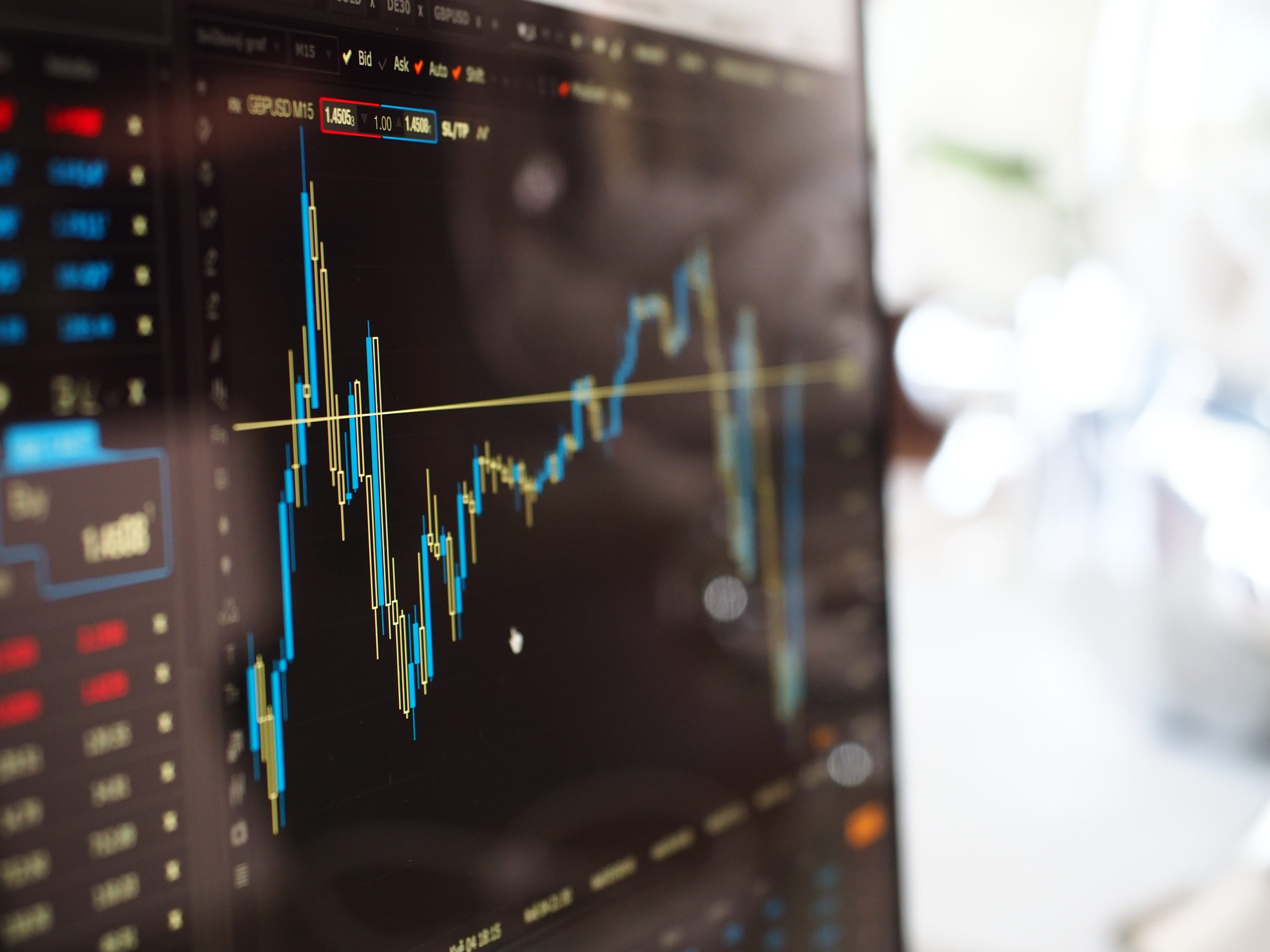Stock markets around the world have been in freefall lately, with European and Asian markets feeling the brunt of the recent Wall Street sell-off. With fears of a global economic recession rising, investors are shifting their capital away from stocks and into safer assets such as gold, bonds and cash. The coronavirus pandemic has been a major factor in the stock market drops. Lowered consumer spending, rising unemployment and factory shutdowns have all had an impact on global markets this year. In this article, we will look at how stock markets in Europe and Asia have been affected by these drops, as well as what could be done to help stabilize them.
Wall Street Sell-Off
The sell-off on Wall Street continued today, with stocks in Europe and Asia following suit. This comes after a week of volatile trading, which has seen the Dow Jones Industrial Average lose over 1,000 points.
The cause of the latest drop is unclear, but some analysts believe it is due to concerns about the minutes from the Federal Reserve’s last meeting, which were released yesterday. These showed that some members were worried about the possibility of inflationary pressures building in the economy.
Whatever the reason, it is clear that investors are still very nervous about the state of the global economy. With stock markets around the world looking shaky, it could be a long time before we see any sustained period of calm.
Europe and Asia Hit With Further Drops
The sell-off on Wall Street continued to ripple through global markets on Thursday, with stock indexes in Europe and Asia tumbling.
The selling was widespread, with declines in Europe led by the German DAX index, which fell more than 4 percent. In Asia, the Nikkei 225 index in Japan dropped more than 3 percent, while the Hang Seng index in Hong Kong was down more than 2 percent.
The renewed market jitters come amid concerns about a potential slowdown in global economic growth and ongoing trade tensions between the United States and China.
On Wednesday, the Dow Jones Industrial Average plunged more than 800 points after a sharp drop in U.S. Treasury yields raised fears of a recession. The yield on the 10-year Treasury note briefly fell below the yield on the 2-year note, an inverted yield curve that has historically been a reliable indicator of an impending recession.
In Europe, shares were already under pressure after the European Central Bank cut its interest rate forecast for next year and announced it would restart its bond-buying stimulus program. The ECB’s move added to concerns that central banks around the world are running out of options to combat a potential economic slowdown.
How the Stock Market Works
The stock market is a collection of markets where stocks (pieces of ownership in businesses) are traded between investors. It usually refers to the exchanges where stocks and other securities are bought and sold. The stock market can be used to measure the performance of a whole economy, or particular sectors of it.
Stock markets exist so that companies can raise money by selling shares to investors, and investors can make money by buying and selling shares. When a company sells shares, it gets money that it can use to invest in its business – for example, to buy new equipment or expand its premises. Investors make money from buying shares when the price goes up, and selling them when the price goes down.
The prices of shares on the stock market go up and down depending on how much people are willing to pay for them. The amount that people are willing to pay depends on how much they think the company is worth. If people think a company is doing well and is likely to continue doing well, they will be willing to pay more for its shares. Conversely, if people think a company is not doing well, or is likely to do worse in the future, they will be less willing to pay for its shares.
The collective opinion of all the investors in the market about a company’s prospects is known as ‘sentiment’. Changes in sentiment can cause big changes in share prices: ifsentiment towards a company improves (i.e., more investors believe
What Causes the Stock Market to Drop?
There are a number of reasons that can cause the stock market to drop. One reason is when investors sell off their stocks in order to avoid losses during difficult economic times. When this happens, it can create a domino effect and cause the stock prices to plummet. Additionally, another reason why the stock market may drop is due to political or social unrest. If there is uncertainty surrounding a country’s government or policies, this can lead to investors selling off their stocks in fear of potential loss. Lastly, natural disasters can also trigger a sell-off in the stock market as investors may lose confidence in a company’s ability to recover from damages caused by the disaster.
How to Protect Your Investments in a Volatile Market
The recent sell-off on Wall Street has sent shockwaves through the global stock markets, with Europe and Asia seeing further drops today. This volatility can be worrying for investors, but there are steps you can take to protect your investments.
One way to safeguard your portfolio is to diversify your holdings. By investing in a range of asset classes, you can mitigate the risks associated with any one particular market or sector. Another strategy is to use stop-loss orders, which automatically sell your shares when they fall below a certain price.
Of course, it’s also important to keep a close eye on the market and monitor your investments regularly. And remember, while volatile markets can be unsettling, they can also present opportunities for savvy investors to buy low and sell high.
Conclusion
The stock market sell-off in Wall Street had a domino effect on other markets across Europe and Asia. With further drops, the investors have become more cautious with their investments, prompting them to take profits or secure their positions. This indicates that the volatility of global markets is likely to continue for some time yet, making it difficult for investors to make informed decisions about where best to allocate their funds. It is important for investors to stay abreast with news and financial developments as they arise so that they can adjust their strategies accordingly.










